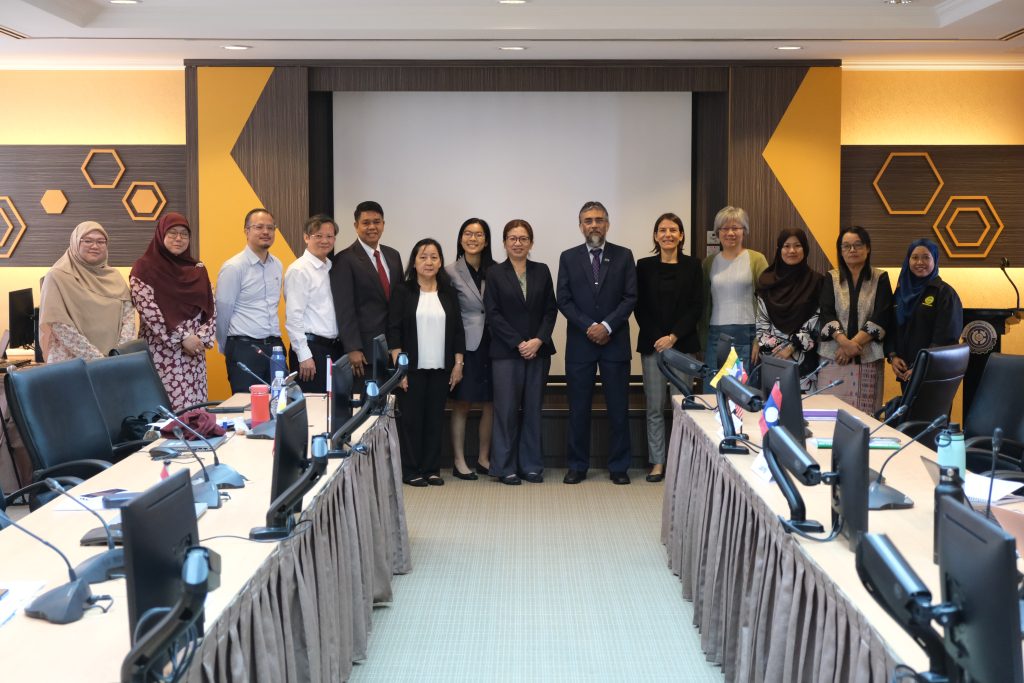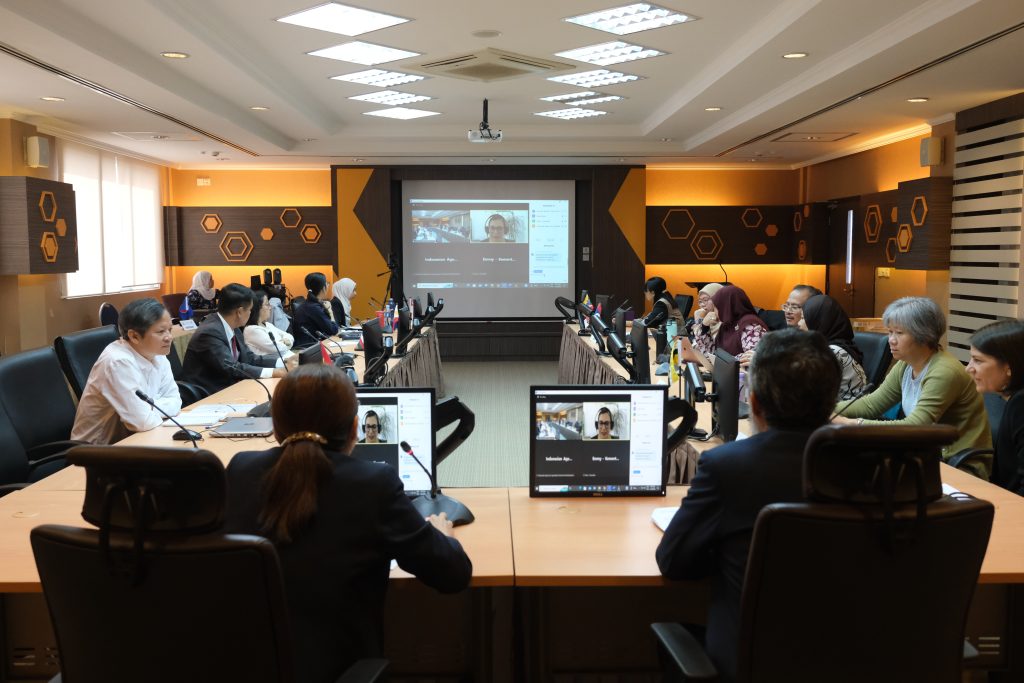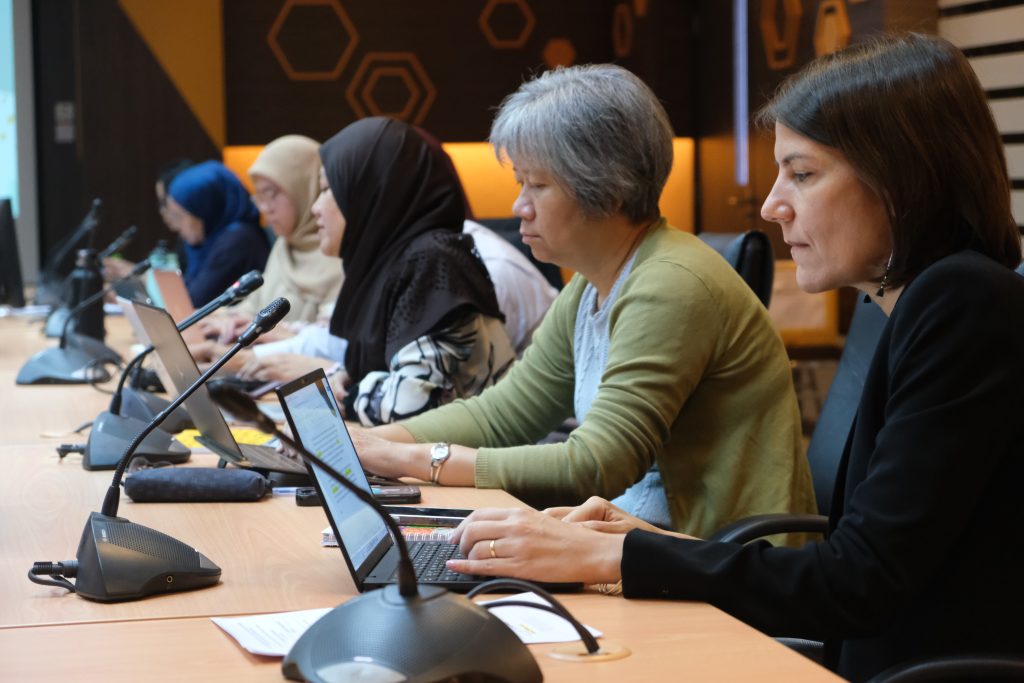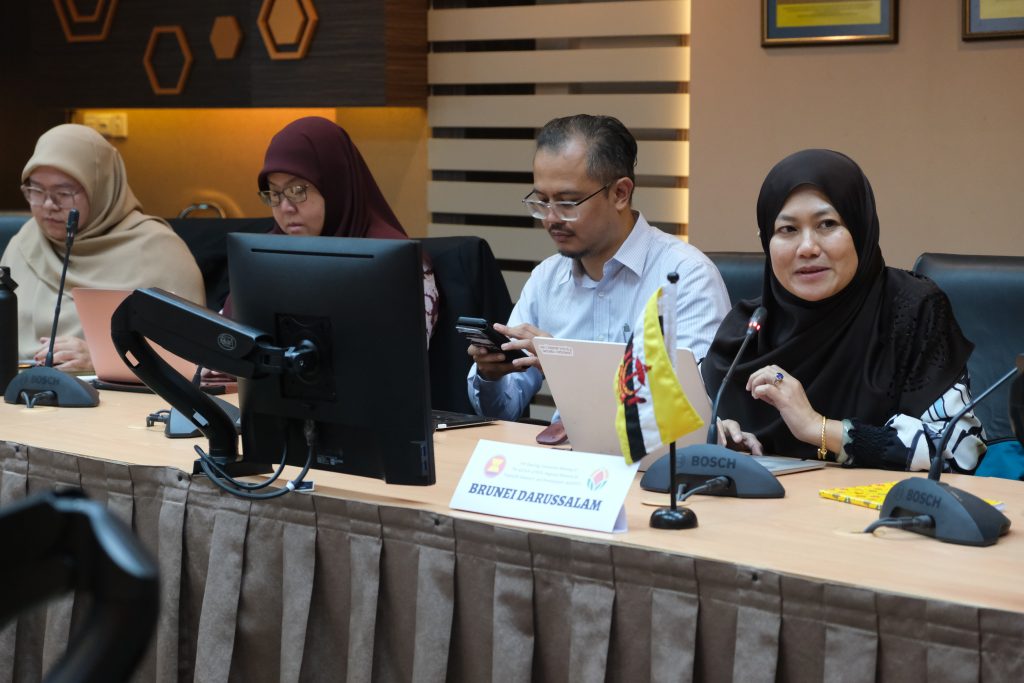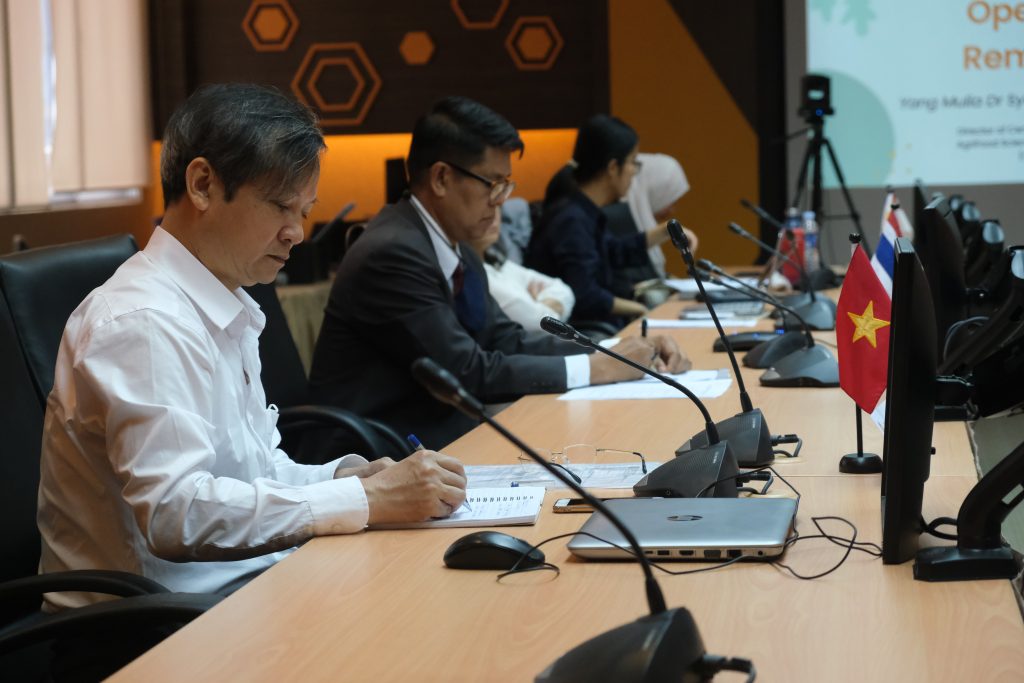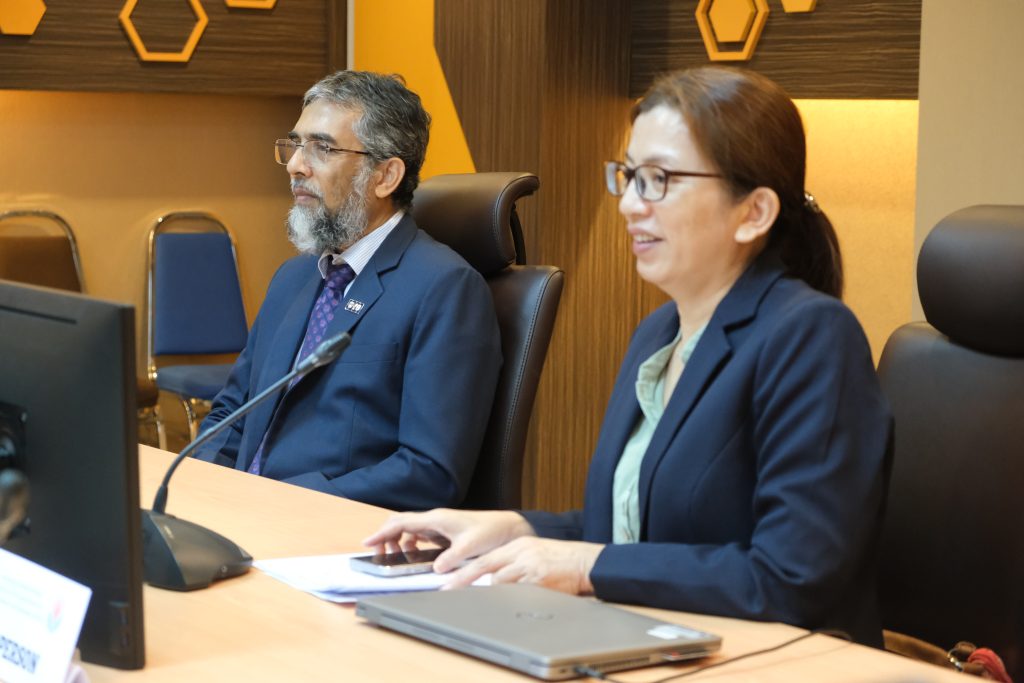AARNET: Origins, Vision & Mission
VISION: To be the premier platform for spearheading vegetable research and development and information exchange in ASEAN
MISSION: To coordinate and facilitate the development and implementation of R&D projects on vegetables in ASEAN member countries, in collaboration with AVRDC – The World Vegetable Center and its regional office in East and Southeast Asia, and other organizations, as well as facilitate information exchange, technology transfer and training on vegetable production related fields.
THE CREATION OF AARNET
It is widely known that the Southeast Asian Region is blessed with natural resources. Several members of the ASEAN – The Association of Southeast Asian Nations (Brunei Darussalam, Cambodia, Indonesia, Laos, Malaysia, Myanmar, Philippines, Singapore, Thailand and Vietnam) – have been ranked as the world’s leading suppliers of products such as rice, fruit, and coffee. Despite its agricultural assets, the region has been facing several challenges such as the lack of adapted seed, plant pests and diseases, food safety and distribution and malnutrition.
Dated back to the late 1990s, there was no coordinating mechanism for vegetable research and development within ASEAN. The substantial amount of vegetable production and vegetable seed trade among ASEAN countries, without doubt, necessitated a platform to spearhead the research and development as well as the information exchange among the 10-nation organization. In addition, it was expected that the collaborative linkages of the research will make the best use of the resources and effectively enhance the research capacity of participating member countries mutually.
Propitiously, the concept of ASEAN network for Vegetable Research and Development or AARNET was finally developed at the 19th ASEAN Ministers of Agriculture and Forestry (AMAF) Meeting in Vietnam in 1998. At the outset, its objective was to enhance food supply through the work with AVRDC – The World Vegetable Center, and to gain access to the vegetable germplasm from the region for evaluation and testing. From 1998 onwards, AARNET has been active and organized key meetings, seminars and proposed several projects to AMAF which were successfully approved.
Today, AARNET strives to facilitate strong links with national agricultural research and extension systems, the private sector, nongovernmental organizations and donors to develop improved, trait-specific vegetables with improved pest and diseases resistance and increase production and contribute to transform food system. In particular, it facilitates education and development of market linkages to empower farmers to produce vegetables efficiently and benefit from emerging regional and global trends.
